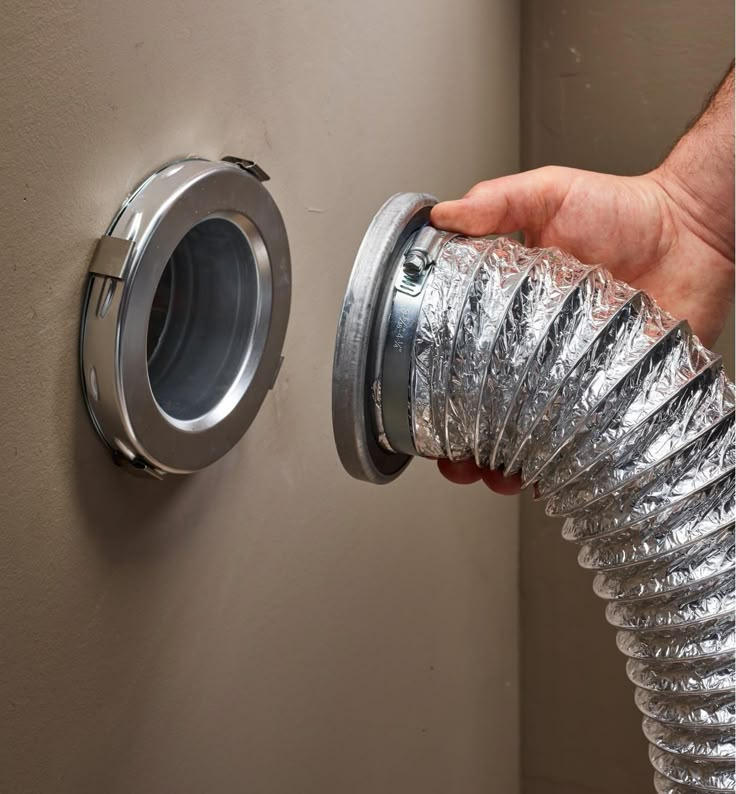Living in Cape Coral, Florida, you learn pretty quickly that salt air, humidity, and weather can do a number on homes and appliances. While most folks remember to check their roof or AC, one thing that’s easy to forget is your dryer vent — and when issues arise, Dryer Vent Cover Replacement is often the simple, necessary fix. If you’re a homeowner here, you should know there are specific rules for how dryer vents should be installed and maintained. These aren’t just to make things complicated — they’re all about safety, saving money, and making sure your home stays comfortable and hazard-free. Let’s break down what you need to know, step by step, so you can keep laundry day running smoothly and safely.
Key Features of Dryer Vent Regulations in Cape Coral
Cape Coral isn’t unique in having dryer vent rules, but with our humid climate and the way homes are built, it’s especially important to follow them. Here’s a quick table that highlights some of the main features you’ll want to check for in your setup:
| Requirement | Why It Matters | What To Check |
|---|---|---|
| Material | Prevents lint buildup, resists heat | Metal ducting (no plastic/flexible foil) |
| Length Limit | Reduces fire risk, keeps airflow strong | Usually under 35 feet, fewer bends better |
| Outdoor Venting | Stops moisture/mildew indoors | Vent must exit outside, no attic/garage ends |
| Vent Hood | Keeps out critters and rain | Check for flap or screen at vent exit |
| Accessibility | Makes cleaning and inspecting easier | Should be able to reach both ends |
Why Dryer Vent Safety Should Be on Your Radar
You might be surprised to hear this, but dryer vents are one of the most overlooked fire hazards in American homes. Lint, which is super flammable, can collect inside the vent and ductwork. If the vent is clogged or not installed right, your dryer has to work harder, creating more heat and more risk.
“A well-kept dryer vent isn’t just about efficiency—it’s a crucial line of defense against household fires.”
In Cape Coral, with our heavy rains and steamy summers, moisture can also get trapped in a badly vented system. That can lead to mold, which is no fun for anyone’s allergies! Following local regulations helps you avoid these headaches. Make a habit of checking for lint buildup and making sure your vent exits outdoors, not into your garage or attic. If you’re ever in doubt, ask a professional to give your setup a look.
Counting the Costs: Installation, Upkeep, and Fines
Let’s talk dollars and cents. Installing a compliant dryer vent doesn’t have to break the bank, but cutting corners can cost you big later. A standard installation, done by a pro, usually runs a couple of hundred bucks. If you need to fix an old vent that isn’t up to code, it might be a bit more, especially if walls have to be opened or ducts need rerouting.
Regular cleaning, which you should do at least once a year (twice if you have a big family or pets), is pretty affordable. Most companies in Cape Coral offer this service, and it’s a lot cheaper than dealing with the aftermath of a fire or a broken dryer.
If the city inspects your home and finds problems—like vents ending in the attic or using the wrong material—you could face fines or be required to fix it on a tight deadline. It’s always less stressful and less expensive to stay ahead of the game.
When to Call for Emergency Service
Sometimes, dryer vent troubles pop up out of nowhere. Maybe you notice your clothes are taking forever to dry, or you spot a burning smell when the dryer’s running. These are red flags you shouldn’t ignore. In those cases, it’s smart to call for emergency help before things get dangerous.
- Unusual heat or burning odors coming from the dryer
- Dryer shutting off mid-cycle
- Loud banging or rattling sounds in the vent
- Water stains or visible lint around the vent opening
Some local companies in Cape Coral offer 24/7 support for situations like these. Don’t wait—if something feels off, it’s worth a quick call to keep everyone safe.
FAQs: Your Dryer Vent Questions, Answered
Wrapping It Up: Stay Safe, Stay Compliant
Dryer vent rules in Cape Coral might seem like a small detail, but they’re all about protecting your home and family from preventable problems. By following the local guidelines, scheduling regular cleanings, and knowing when to call for help, you can keep your laundry routine hassle-free and safe. Remember, a little attention now saves a lot of trouble later. Stay safe, and happy drying!
Read More : Dryer Vent Cleaning Cape Coral









